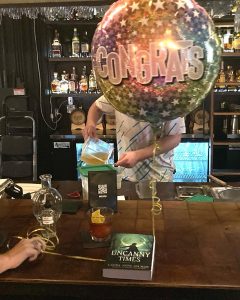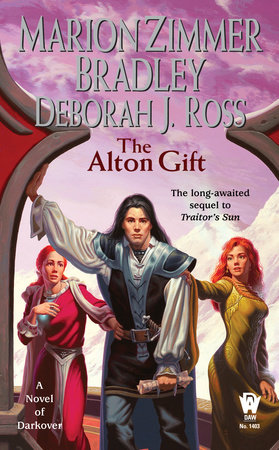This Monday, today, October 31 (if I say it often enough, I’ll believe it – where I am it is a blowy November day and a famous horse race is in the offing) is the introduction to something new. Starting next week, as they come to hand, I’ll be posting long interviews with writers. By ‘long’ I mean that the first one will extend over four weeks.
My other Monday posts will appear in between interviews and interviews may follow each other rapidly or be months apart. But there will be interviews.
Why?
Around me, so many readers are asking “Why haven’t we heard of this writer?” One of the reasons is because fewer writers are given as much time by bloggers and podcasts and critics. I was looking at my own visibility in the US and realised how little of me is known to readers of Locus, which is the leading magazine for science fiction and fantasy – I don’t fit their profile for an author. Many, may writers don’t fit these profiles. Because so many of us are less visible, writers don’t develop as many profound loyalties to writers who fit the profile of important magazines and critics, or who are not on the right lists and win the right prizes. It’s harder to discover those unique voices and to seek out writers who are not in our own country or published by our favourite imprints. It’s harder, to be honest, to see writers. I want to see writers. Who they are, how they talk, and I want to enjoy time with them. That’s what these interviews are about: time. Time to argue, to be fascinated, to chase to find a book, to stop and think, to laugh. Time to see just how interesting writers can be.
Years ago I did group interviews for BiblioBuffet, a literary e-journal. These interviews among my most popular work from those days and are still discovered by new readers. Those readers occasionally report back to me about them. They tell me how good the interviews are, because of their length and their substance. I looked at my early interviews again recently, to determine their persistent appeal. I think it’s because when a group of writers get together, we have conversations. We go in unexpected directions and give readers insights into work. There is no PR template. It’s exciting to not know where an interview is headed, or how a writer responds to questions and how the whole thing can become immensely wise or devolve into silliness on the same page.
The first interview will appear, magically, throughout November and maybe into early December After that, it will be as they’re finished. I don’t restrict length, or push for a given novel to be publicised. This isn’t about publicity, after all. It’s about writers. These writers. About how fascinating writers can be and how not a single one of us thinks the way we expect they will.
The first interview is from Amy Sterling Casil (one of the members of this Treehouse) with Ron Collins and Mike Libling. It’s all ready to go, which means I can tell you with the power of advance knowledge… it’s so much fun! Such a good start to this new series.



 I love learning how to do stuff. When I was a kid I had weaving lessons the way that my peers had piano or violin lessons. I taught myself to sew when I was a teenager. Taught myself to knit. And when I see a recipe for something I’ve never made — particularly if it’s a fairly basic thing (like cheese) or a really complex thing (baklava! beef Wellington!) my thumbs start twitching. It’s not that I need home made cheese — I’m pretty much the only cheese eater in my house — but the urge to know
I love learning how to do stuff. When I was a kid I had weaving lessons the way that my peers had piano or violin lessons. I taught myself to sew when I was a teenager. Taught myself to knit. And when I see a recipe for something I’ve never made — particularly if it’s a fairly basic thing (like cheese) or a really complex thing (baklava! beef Wellington!) my thumbs start twitching. It’s not that I need home made cheese — I’m pretty much the only cheese eater in my house — but the urge to know My comfort books of choice are mysteries.
My comfort books of choice are mysteries.

